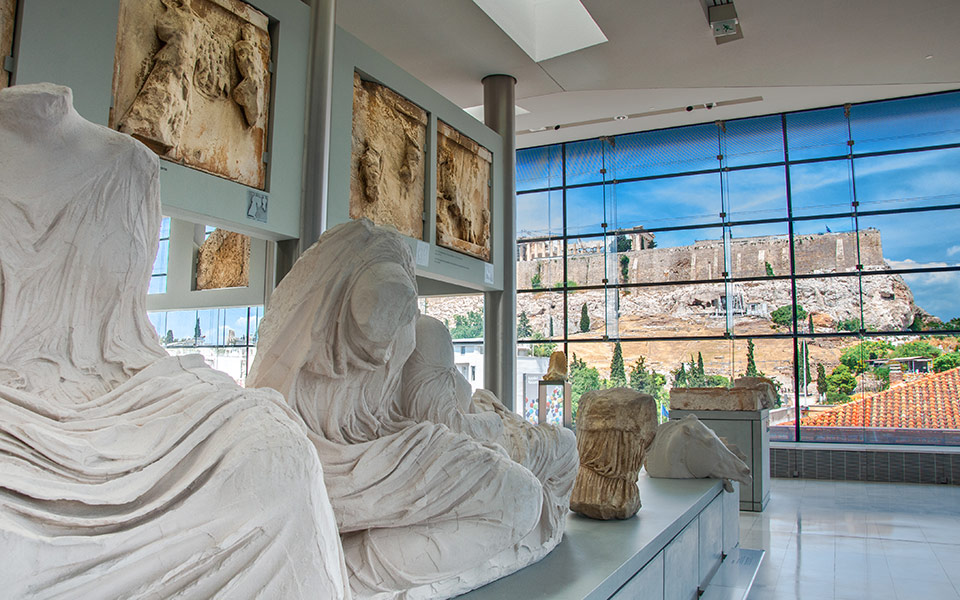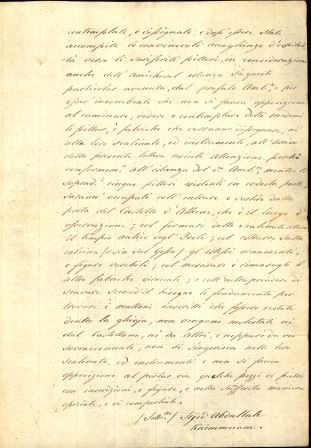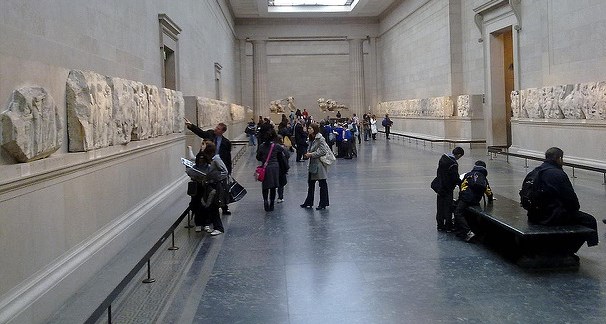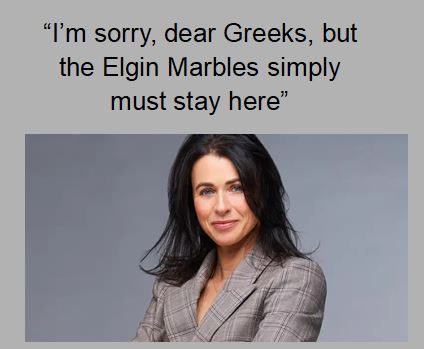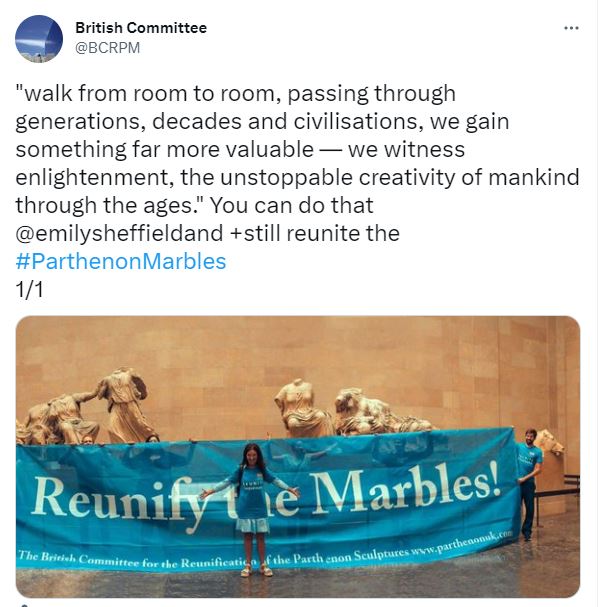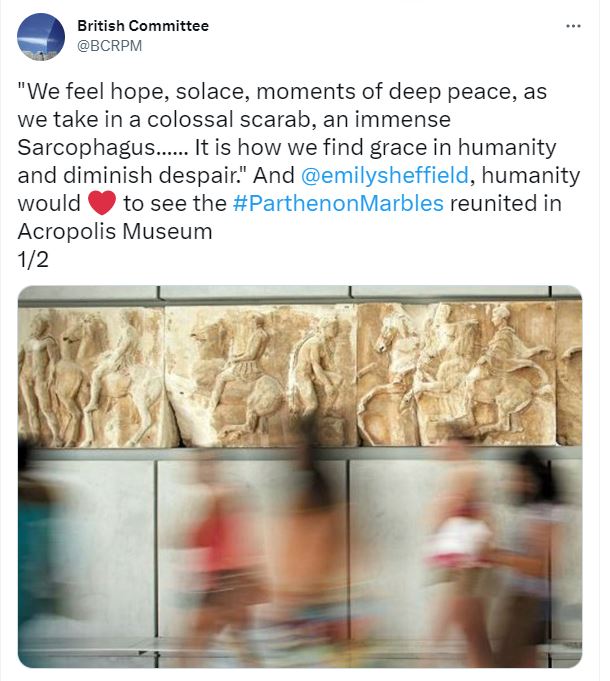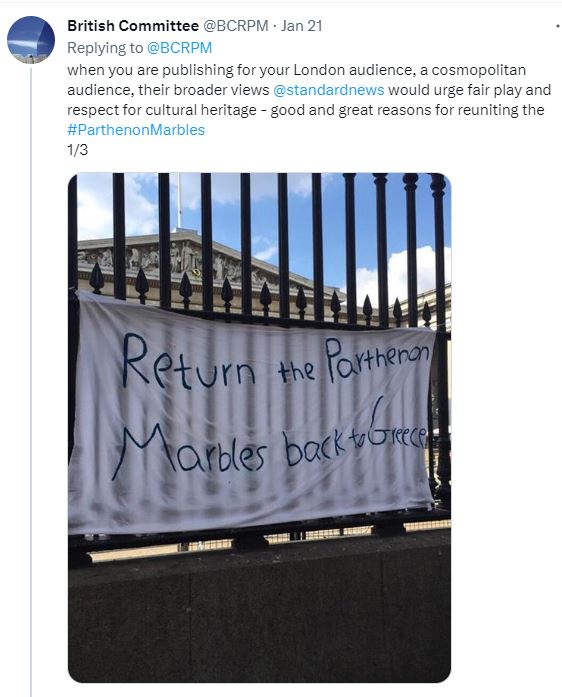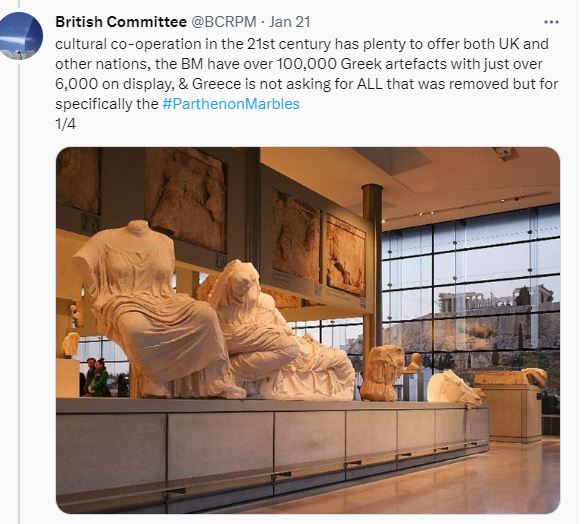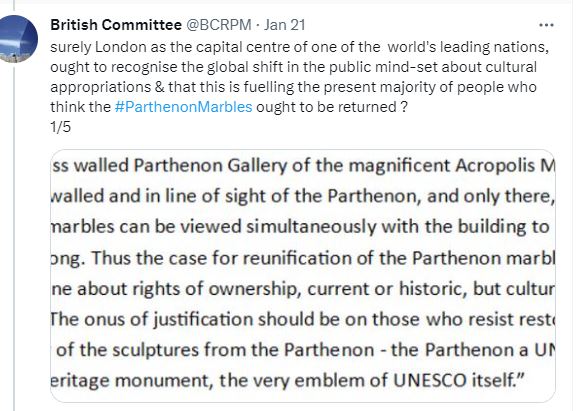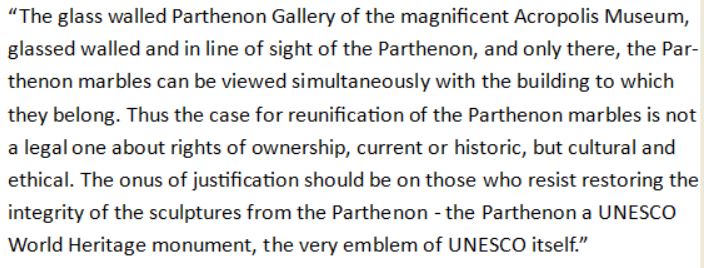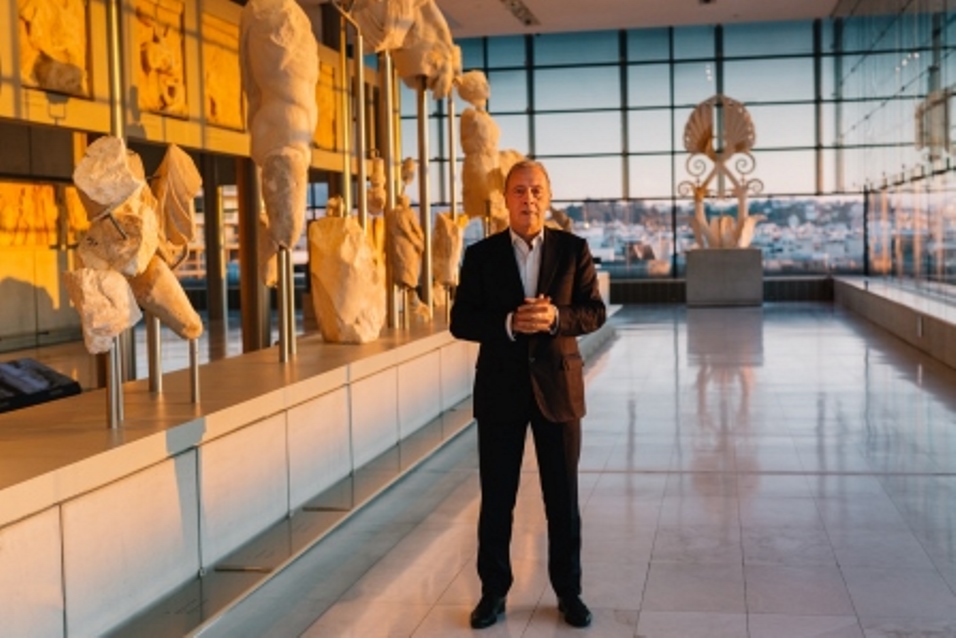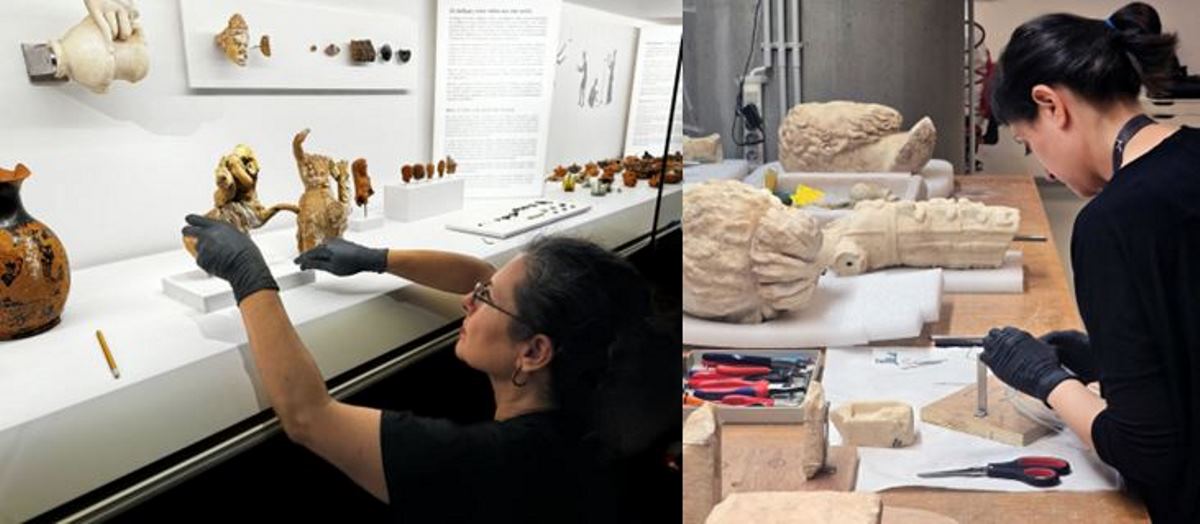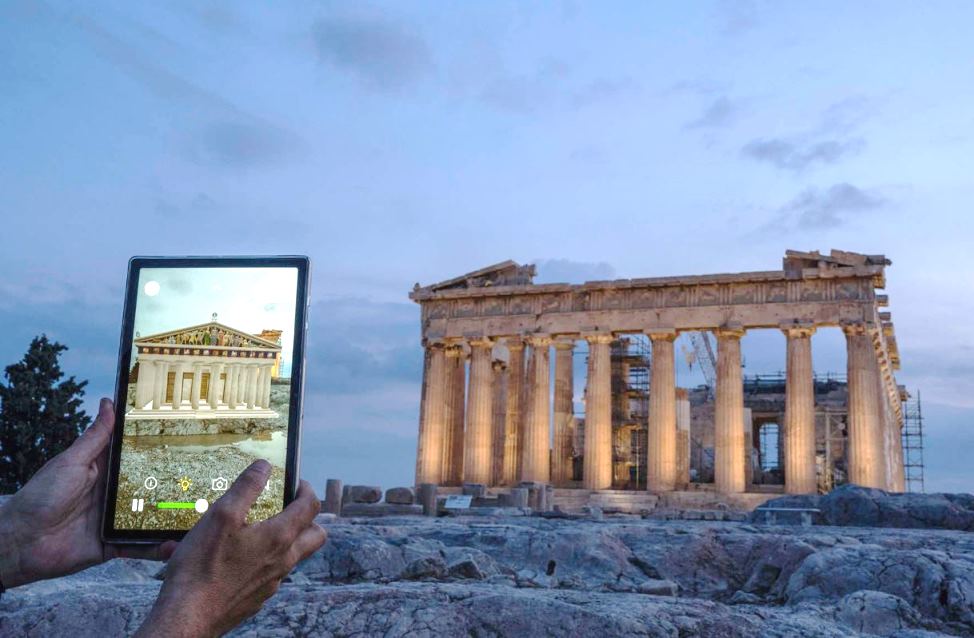What if that act of restitution was regarded not as a loss, but as a gain?
Charlotte Higgins, the Guardian’s chief culture writer
'Leaving aside the “thin end of the wedge” argument for a moment, consider this: what if that act of restitution was regarded not as a loss, but as a gain?' writes and questions Charlotte Higgins, chief culture writer for the Guardian.
Charlotte also talks to Esme Ward, Director of the Manchester Museum. After a £15m renovation, the museum will re-open on the 18th of February with 'a physical and ethical renovation'. Esme Ward says she has been determined to broaden the definition of the idea of “care” that sits at the heart of the idea of curatorship. She believes that curatorship should go beyond the basic obligation of a museum to preserve artefacts; it should also care for its community.
And so, after long conversations and exchanges, in 2020, Manchester Museum returned 43 sacred objects to the Australian Institute of Aboriginal and Torres Strait Islander Studies.
Esme Ward speaks about this as a gain for the Manchester Museum. "Above all it is a gain in knowledge; the kind of haptic, experiential knowledge of place and use that can be absent from dry descriptions of artefacts in museum catalogues. The gain is also by way of a relationship with the Australian institution – one that may result in long-term cooperation, including possible loans to Manchester. And even considered in bald binary terms, her museum has “lost” only 43 collection items out of around 4,000 relating to Aboriginal communities."
And we also know that the British Museum has over 100,000 Greek artefacts with just over 6,000 on display. We also know that for the last two decades, Greece has been suggesting that should the reunification of the Parthenon Marbles be failitated, Greece would lend the BM artefacts not yet exhibited outside of Greece.
Charlotte Higgins also quotes the BM: “we operate within the law and we’re not going to dismantle the museum’s collection as it tells the story of our common humanity. We are however looking at longterm partnerships, which would enable some of our greatest objects to be shared with audiences around the world. Discussions with Greece about a Parthenon Partnership are ongoing and constructive.”
We would add that no one wishes to see the BM break the law but basic moral decency is needed in this particular case. The case for the reunification of the Parthenon Marbles has been a steadfast request, made by Greece nearly 2 centuries ago, post independence. This requst has never been for ALL Greek artefacts to be returned. It currently asks for a peerless collection of fragmented sculptures to be given a new 21st century chapter in the Acropolis Museum. An opportunity for all of hmanity to celebrate the reunification of these sculptures, as close as it is physically possible to the Parthenon, which still stands and crowns the Acropolis: a UNESCO World Heritage site.
We've been around this block so many times, we're dizzy, and this October, BCRPM celebrates 40 years of campaigning. It seems we'll be embracing more campaigning before the solution to this historical impasse amongst two nations that are friends, might be respectfully found.
To read Charlotte Higgins' Guardian article, follow the link here.

